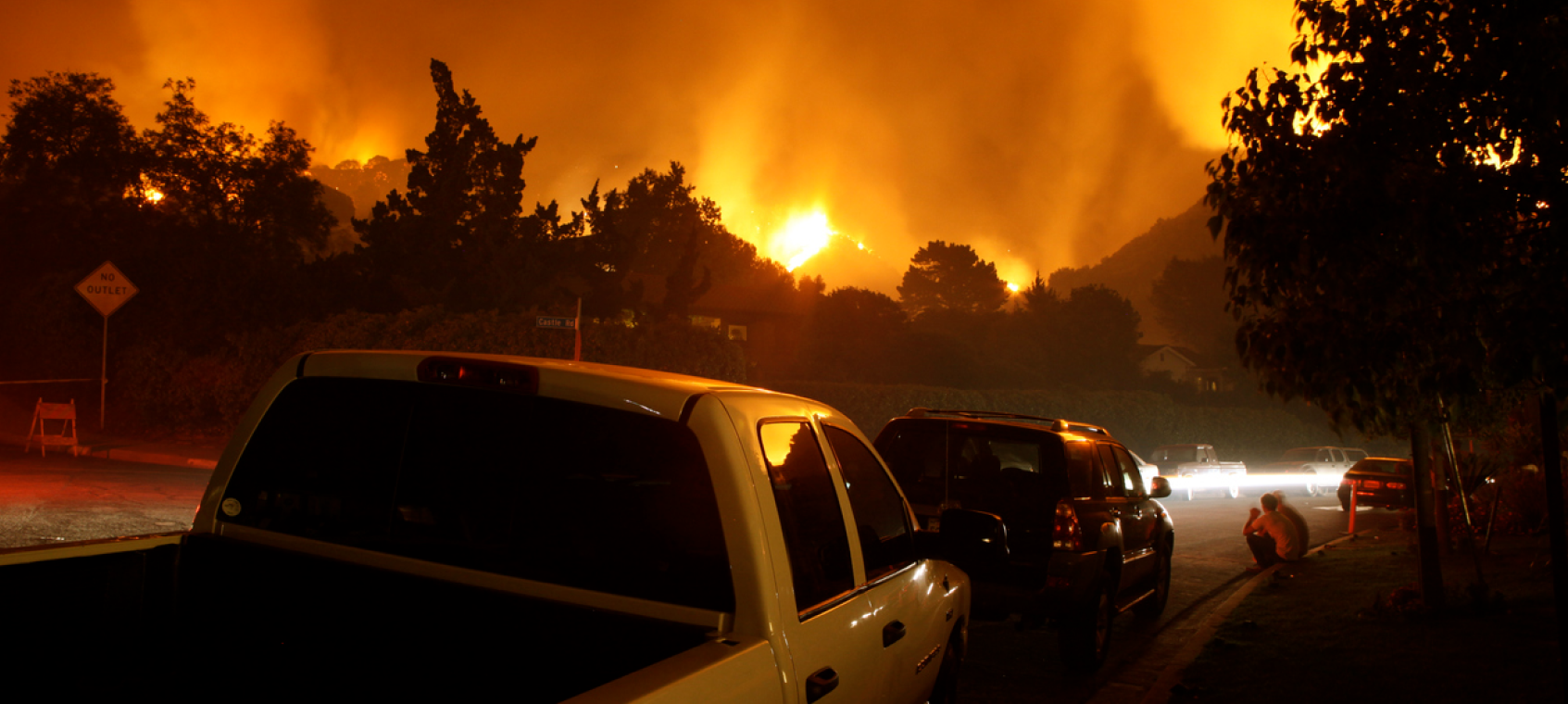
Community Wildfire Defense Grant
Grant Insights
The purpose of the Community Wildfire Defense Grant is to assist at-risk local communities and Indian Tribes with planning for and mitigating against the risks created by wildfires. Program funds are authorized through the Infrastructure Investment and Jobs Act (IIJA). There are two primary project types for which the grant provides funding 1) The development and revising of Community Wildfire Protection Plans (CWPP), and 2) The implementation of projects described in a CWPP that is less than ten years old. The program prioritizes areas identified as having high or very high wildfire hazard potential, those that are low-income, and/or those that have been impacted by a severe disaster.
Program goals are also aligned with that of the National Cohesive Wildland Fire Management Strategy which are Resilient Landscapes; Fire-Adapted Communities; and Safe, Effective, Risk-Based Wildfire management decisions.
| Key Updates | U.S. Department of Agriculture, U.S. Forest Service |
| Funding Opportunity | Community Wildfire Defense Grant (CWDG) Program Western State and Territories (Select Areas) – FY 2023 |
| NOFO Release Date | 7/31/2023 |
| Letter of Intent Due Date | n/a |
| Application Due Date | 10/31/2023 by 11:59 p.m. ET via cwdg.forestrygrants.org |
| # of Programs | 1. Development and revising of a Community Wildfire Protection Plan (CWPP) 2. Implementation of projects described in a Community Wildfire Protection Plan less than 10 years old |
| Total Funding Available | $250M |
| Award Minimum | None |
| Award Maximum | 1. $250K for the creation or revision of a Community Wildfire Protection Plan (CWPP) 2. $10M for a project described within a Community Wildfire Protection Plan (CWPP) less than 10 years old |
| Recipient Cost-Share/Match Requirements: | 1. Development and revising of a Community Wildfire Protection Plan (CWPP): minimum 10% cost-share / nonfederal requirement. 2. Implementation of projects described in a CWPP that is less than ten years old: minimum 25% cost-share / nonfederal requirement. *Communities meeting the definition of underserved, Indian Tribes, Alaska Native corporations(ANCs), and Pacific Islands may request a waiver of the match requirement |
| Summary | Project Objectives: A project proposal must advance objectives and priorities identified in a community wildfire protection plan that is not more than 10 years old (for this NOFO defined as a CWPP signed during calendar year 2013 or later). A project proposal must be designed to achieve one or more of the following objectives: • Assist a community with planning to address management of wildfire risk. • Assist a community with mitigation measures, or • Actions to reduce wildfire risk |
| Eligible Applicants | • Local Government • Native American Tribe • Non-profit • State Government • Tribal Organizations / Institutions Applicants must be located in the western states and territories of Alaska, American Samoa, Arizona, California, Colorado, Guam, Hawaii, Idaho, Kansas, the Republic of the Marshall Islands, the Federated States of Micronesia, Montana, Nebraska, Nevada, New Mexico, North Dakota, the Commonwealth of Northern Mariana Islands, Oregon, the Republic of Palau, South Dakota, Utah, Washington, and Wyoming. |
| Special Consideration | Priority will be given to at-risk communities in an area identified as having high or very high wildfire hazard potential, those that are low-income, and / or those that have been impacted by a severe disaster. The funding agency will also prioritize applications that show a clear benefit to underserved people and the communities where they reside or the forest areas that they value. |
| Notes | For-profit entities are not eligible to apply. Applicants are strongly encouraged to reach out to the relevant state forestry agency and Forest Service cooperative fire specialist during application development to ensure their project aligns with the program’s purpose and eligibility and to receive input on strengthening their application. For applications submitted by organizations that plan to work with multiple communities, it will be a requirement of the application to name each of the specific communities that the organization plans to assist. Those specified communities will each need to meet the same eligibility requirements as a community that would be applying on their own. |
| Contact Information | Name: Mark Neely Title: Kansas State Forestry POC Agency: KSU Email / Phone: mneely@ksu.edu / 785-532-3314 *Each state has a designated point of contact |
